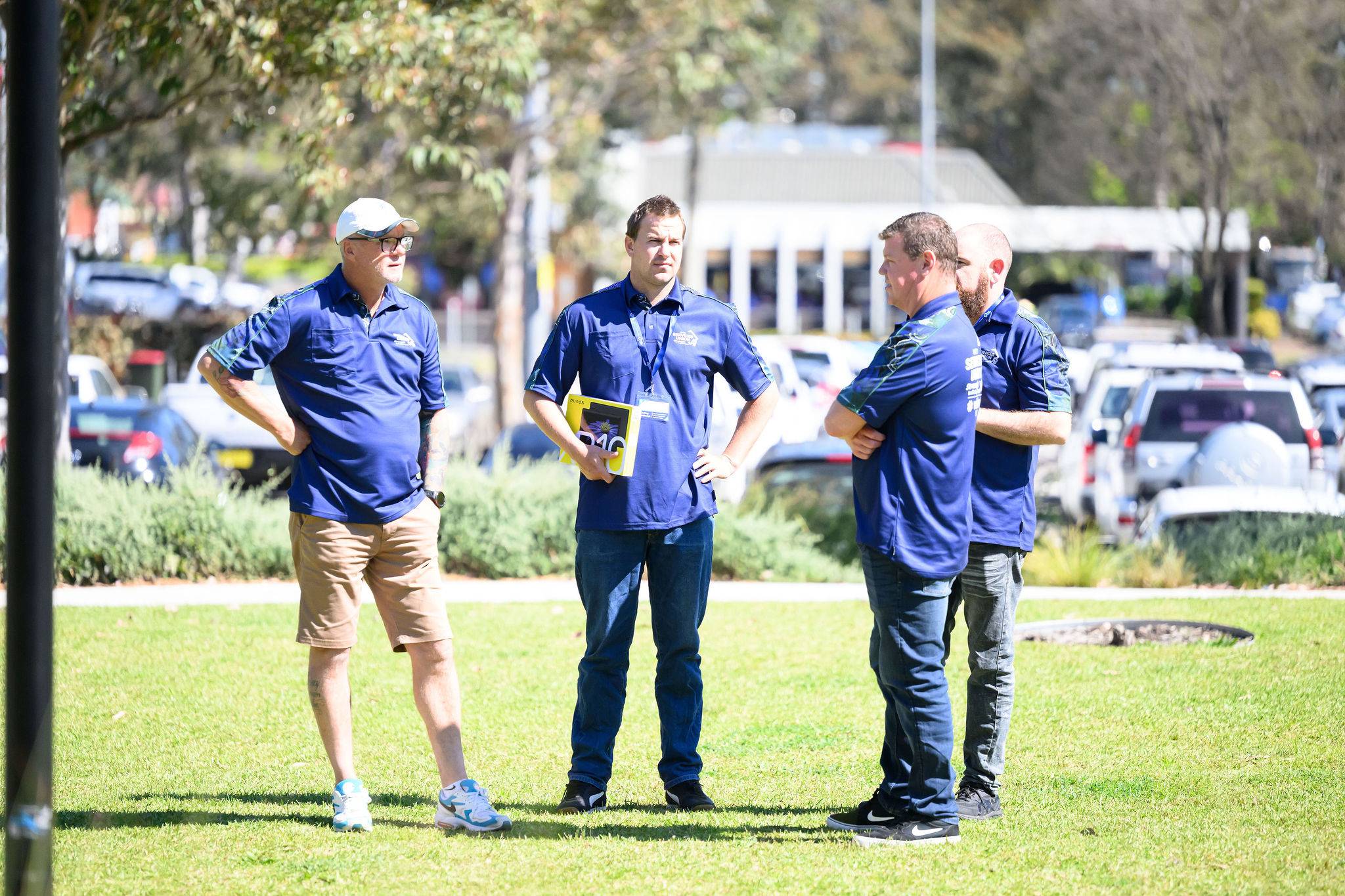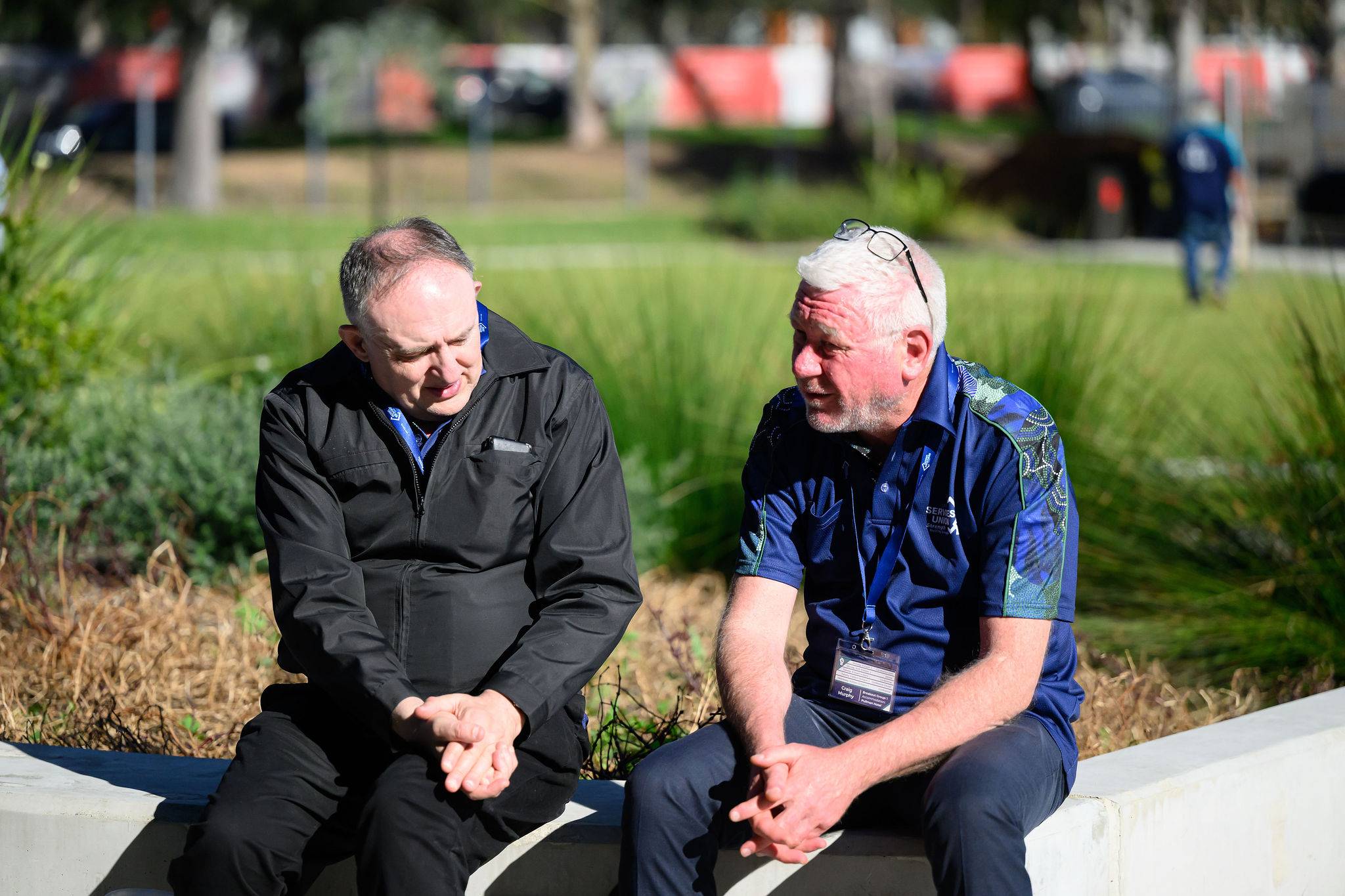Become a USU Delegate and support and represent Union members in relation to workplace issues
To find out how to become a delegate, contact a USU Delegate, your USU Organiser, or phone 1300 136 604 at the USU
As a Union Delegate, does the law protect me?
YES! There are legislative protections that prohibit employers from taking adverse, harmful, negative, or unfair action against a delegate who lawfully supports or represents union members. The legislation also provides the power to bodies for example Courts to impose penalties, the Fair Work Ombudsman to investigate adverse (eg negative) actions, and the Fair Work Commission and the New South Wales Industrial Relations Commission to make orders to put employees back into the place where they were before the adverse action was taken by an employer. Orders include reinstating an employee to their job, promoting, and orders to the employer not to carry out a threat.
Are delegates provided with assistance, information and help to perform their role?
YES! You will be supported and helped by other delegates and your USU Organiser (a professional full-time employee and official of your union who is expert at handling workplace issues, representing members, and helping you with your role as a delegate). The USU also provides free training to USU delegates, and your employer in many cases will pay for the days you attend that training. Talk to your USU Organiser about enrolling you in delegate training provided by the USU.


What do delegates do?
It is to be noted that delegate can always contact another delegate or your USU Organiser to seek advice and assistance on how to handle an issue and the delegate may decide to refer a particular issue to them.
Delegates play an imperative role in the workplace by supporting and assisting union members with matters such as providing advice on workplace rights, attending disciplinary meetings, and assisting with grievances and playing a pivotal role in campaigns.
More importantly, delegates help to organise your workplace to ensure that your Union has a visible and influential presence in your workplace. Your employer will take your Union more seriously the better organised your workplace is, and you’ll find that you are able to achieve better pay and conditions as a result. As a delegate, since you work alongside other members in your workplace, you are someone who members can report their issues to and seek assistance from. Delegates are the eyes and ears of your Union in your workplace.
Delegates understand that the more members the union has at a workplace, the greater the strength and probability of your Union winning positive outcomes for members. Therefore, to build that strength, delegates will try and recruit as many new members as they can. Your Union provides helpful information and resources to assist in recruiting new members. If you sign up a new member the USU will pay you $50 for each new member you recruit. Delegates will also ensure that flyers and union information provided by your union is attached to notice boards or circulated to members so that members and non-members know what your Union is doing.
A delegate may decide that they want to participate on a delegate committee, run campaigns on issues, and take part in negotiating conditions of employment or enterprise agreements.
Delegates may also want to participate on Consultative Committees and Work Health and Safety Committees.
What skills does a Union delegate need
Other delegates and your Organiser can provide you with advice and support you along the way.
The Union provides free training to delegates. Most employers will pay for a delegate to attend union training.
Consequently, a major benefit of being a union delegate is that you can learn and practice new skills that you can use later in your career.
Does the law empower me to do my work as union delegate?
There are laws including legislation, Awards and Enterprise Agreements that provide delegates with the necessary powers to perform their roles, for example, providing a right to have reasonable communication with union members and potential members about their workplace interests. Apart from other rights, delegates are also provided with access to the workplace and workplace facilities.
Similarly, the Local Government Model Code of Conduct 2020 includes that:
8.14 Union delegates and consultative committee members may have reasonable access to council resources and information for the purposes of carrying out their industrial responsibilities, including but not limited to:
- a) the representation of members with respect to disciplinary matters
- b) the representation of employees with respect to grievances and disputes
- c) functions associated with the role of the local consultative committee
Union delegates are also provided with the appropriate powers to attend and support union members with, for example, disciplinary matters and grievances.
Under the Fair Work Act, an employer must not:
- Unreasonably fail or refuse to deal with a workplace delegate
- knowingly or recklessly make false misleading representation to a delegate
- Unreasonably hinder or obstruct or prevent a workplace delegate from exercising their rights
USU delegates play a central role in making workplaces fair, just, and equitable and improve workplace wages and conditions and consequently working lives.
To find out more about being a delegate and how to become a delegate contact a USU Delegate, your USU Organiser, or phone 1300 136 604 at the USU.


